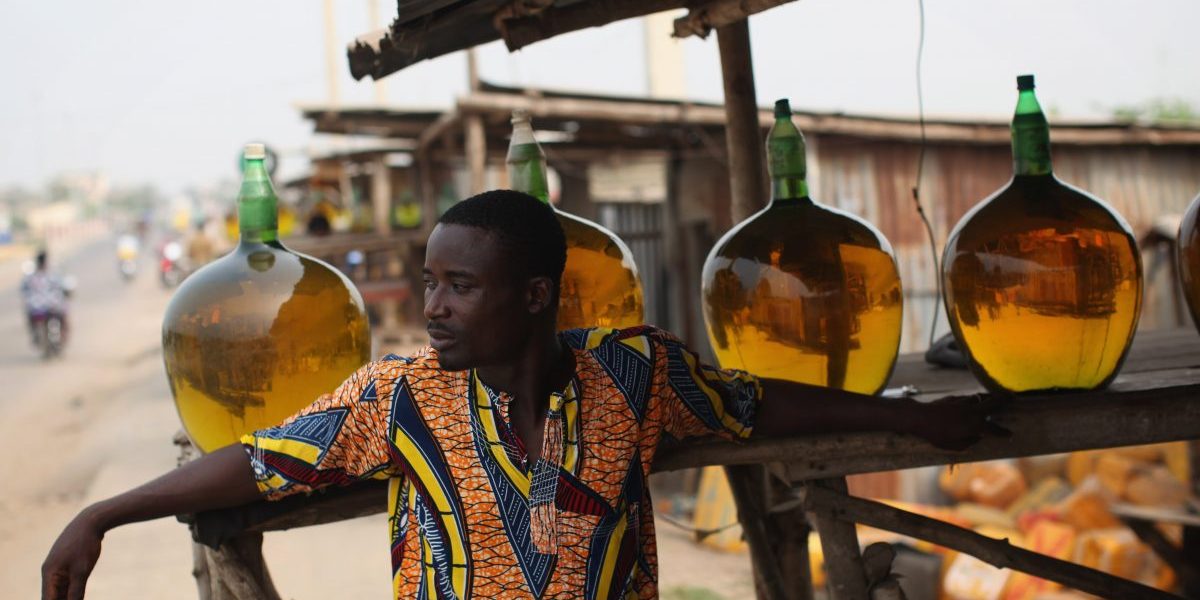Sustainable development is at the forefront of policymaker’s agendas across African countries. Different endogenous and exogenous drivers shape the milieu in which the continent’s development challenges need to be addressed. In the African context, the African Continental Free Trade Agreement (AfCFTA), offers enormous opportunities to promote intra-continental trade while promising extensive welfare benefits. However, to achieve these benefits, governments need to look beyond traditional infrastructure financing models to enable the free flow of goods, services, capital and people across the continent. At the same time, these new opportunities and modalities need to be explored within the context of climate change and the 4th Industrial Revolution (4IR).
The South African Institute of International Affairs (SAIIA) continuously explores some of these key policy challenges facing the Southern African Development Community (SADC) and continent at large. By undertaking evidence-based research, SAIIA introduces new and innovative ways of addressing them. This conference will bring together policymakers, business and researchers to present its latest research on these challenges and to facilitate a dialogue around policy options. This conference will offer unique perspectives on the following themes:
• Session 1 – Trade in SADC and Sub-Saharan Africa under the AfCFTA
Balancing trade policy and climate change commitments involves difficult trade-offs for policymakers. Disincentivising carbon-heavy footprints in manufacturing processes can discourage carbon emissions, but imposing additional tax on manufacturers can make production uncompetitive, especially vis-à-vis other countries not implementing such taxes. For South Africa, which has introduced a carbon tax, the trade-offs are important, especially in the context of tariff liberalisation under the AfCFTA. At the same time, the AfCFTA is negotiating liberalising trade in services under the AfCFTA: what are the key considerations policymakers should consider in these negotiations? And how will this impact on intra-regional trade in services? This session will consider these aspects.
• Session 2 – Different Dimensions of Infrastructure Development & Financing
Productive infrastructure is vital for development to take place in African countries and to take full advantage of opportunities under the AfCFTA. However, bridging the infrastructure financing deficit, amidst constrained national budgets and increasing debt servicing costs, remains a challenge. This facilitated panel discussion will introduce four alternative infrastructure financing options: developing regional capital markets through inter-connectivity; leveraging pooled financing mechanisms; engaging private financiers; and engaging institutional investors.
• Session 3 – Harnessing the 4IR for Economic Development
For policymakers it is important to fully understand how the 4IR will drive both positive and negative social and economic change in coming years. However, the leverage points and policy-options available to countries across SADC and the continent to deal with emerging 4IR issues is arguably more important. The digitisation of financial services offers one example of how 4IR-related change can contribute towards financial inclusion across African countries, promoting sustainable development across the urban and rural landscapes. This final session will consider some of the latest developments in this area.
Related material
- Presentation by Dr Mmatlou Kalaba: Carbon Pricing in South Africa and SADC
- Presentation by Nicolette Cattaneo: Trade and Services Negotiations under the AfCFTA
- Presentation by Palesa Shipalana: Digitising Financial Services: A Tool for Financial Inclusion in South Africa
- Presentation by Chelsea Markowitz: Harnessing the 4IR in SADC – Roles for Policymakers


